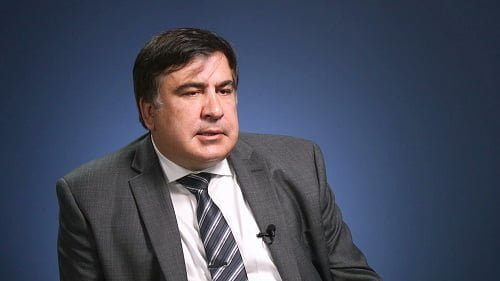A group of twelve local civil society organizations released a statement on November 6, condemning remarks of Georgia’s former president Mikheil Saakashvili as “xenophobic”.
In his video address on November 4, Saakashvili, who serves as the honorary chairman of the opposition United National Movement party, used a negatively charged word to designate Bangladeshi and Indian visitors, who live and work in the United Arab Emirates as undesirable, since they do not bring much income to the tourist industry.
The CSOs underscored that this is not the first time when Saakashvili makes to “hate speech” remarks, and that his statements of July 31, August 31, September 1 and September 9 were also xenophobic.
“It is unfortunate that politicians are using xenophobic statements in election period to mobilize electorate, and thus encourage social confrontation and strengthen already existing xenophobic, racist attitude in the society,” the CSOs said.
They believe such stance is far from portraying Georgia as a “democratic and human rights-oriented state,” and call on the politicians to avoid using hate speech either in their public statements or while meeting with the voters, promoting instead the principle of equality.
In a separate statement, the Georgian Young Lawyers Association (GYLA), one of the largest human rights watchdogs, also denounced Saakashvili’s recent video address and called for the candidates and their supporters to avoid using hate speech in their public remarks ahead of the second round of presidential elections.
“Unfortunately, this is not the first case when the supporters of the election subjects are using hate speech and statements triggering violence, hatred and hostility, religious and ethnic confrontation,” GYLA said.
According to GYLA use of this terminology represents “hate speech of xenophobic character,” foments negative stereotyping and thus goes beyond the boundaries of legitimate discussion about tourism policy.
This post is also available in: ქართული (Georgian) Русский (Russian)

